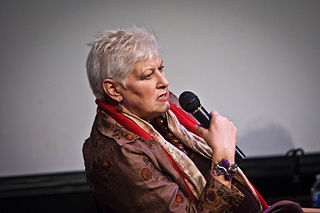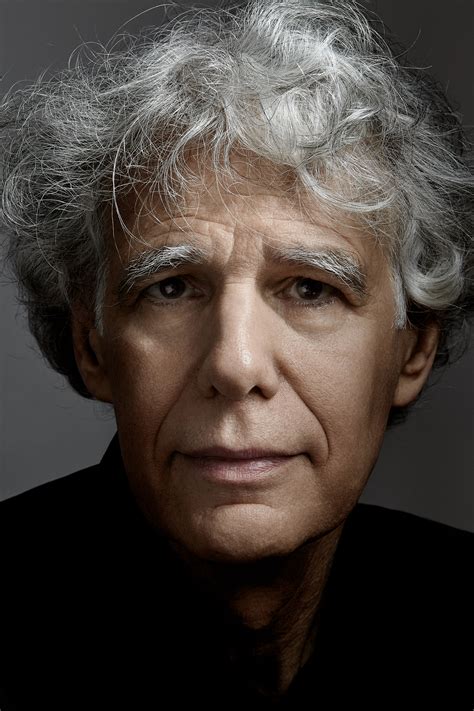A Quote by Gail Collins
The history of American women is about the fight for freedom, but it's less a war against oppressive men than a struggle to straighten out the perpetually mixed message about women's role that was accepted by almost everybody of both genders.
Related Quotes
I have a theory about American men -- I think they think women are boys who don't know how to throw a ball very well. American women are forced into the role of being men without penises, of being men who haven't quite been able to make it. If women don't want to be pussycats, then they get forced into the role of being almost as good as men. Which is lousy.
It's a shame for women's history to be all about men--first boys, then other boys, then men men men. It reminds me of the way our school history textbooks were all about wars and elections, one war after another, with the dull periods of peace skimmed over whenever they occurred. (Our teachers deplored this and added extra units about social history and protest movements, but that was still the message of the books.)
I have always felt that perhaps women have sometimes almost embraced the same values as men, and the same character as men, because they are in the men's world, and they are trying to fit into a system that men have created. And maybe in truth when there is a critical mass of women who play that role in governments, then we will see whether women can really manage power in a way that is less destructive than the way that men have used power.
Fom the out set, the War on Terror was sharply different from other U.S. military actions in the strong support it received from American women. Normally, men back military action by 10 to 20 points more than women do. But, after 9/11, women felt more endangered by terror and backed action against the Taliban and Osama bin Laden as strongly as men did.
There's going to be biological differences between the genders. There's going to be biological differences between two women or two men. There's biological differences between all of us. My concern is, why are we so concerned about it? Why are we so worried about it? Why, whenever a study comes out about men do this one way and women do this one way, or men's brains and women's brains - why are we so interested in that? You know, what makes us so fascinated by differences between the sexes? And I think more often than not that interest is deeply embedded in sexism.
It's not enough to have a few women's studies courses. Why is it more important to study Paul Revere's midnight ride than it is Susan B. Anthony's 50-year effort to transform the face of America for women? When you're in school, most of the events you study are about men. Men's activities lauded and repeated over and over. What about us? What about commemorating the decades-long struggle for suffrage? Why don't we hear those stories over and over and over again. It's almost inconceivable for men to understand what it would be like to live without that constant valorization.

































